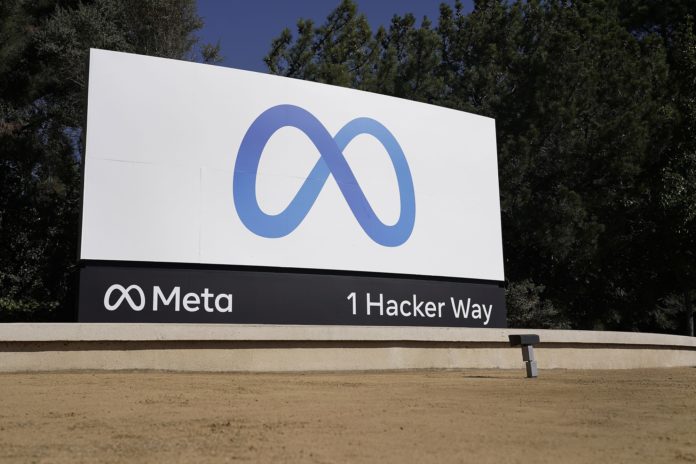
By Samantha Bradsky | Reporter
The “metaverse” may be straight out of a science fiction novel, but Facebook CEO Mark Zuckerberg plans to bring this world of augmented reality into fruition with the announcement of the company’s new name: Meta Platforms Inc., Meta for short.
An announcement was made on Oct. 28 in an effort to create a new umbrella company for the variety of platforms Zuckerberg’s company has developed.
“Right now, our brand is so tightly linked with one product, it can’t possibly represent everything that we’re doing today, let alone in the future,” Zuckerberg said in his Facebook Connect presentation introducing the launch of Meta. “The metaverse is the next frontier. From now on, we’re going to be metaverse-first, not Facebook-first.”
The term “metaverse” — originally coined by science fiction author Neal Stephenson in 1992 — refers to a virtual world, often a bit dystopian in nature.
Chris Pullig, professor and department chair of marketing at Baylor, likens the metaverse to the world of Ernest Cline’s novel entitled “Ready Player One.” In this world, reality becomes escapable simply by putting on a virtual reality headset and transporting one’s mind to an avatar-like experience.
“I think a lot of people’s reactions are somewhat negative,” Pullig said. “It’s such an odd, weird brand name choice, but strategically, it really makes perfect sense, and it’s almost a necessity for them to do what they’re doing.”
Pullig described Meta’s strategy as a “house of brands” marketing strategy.
“Meta is the name of the house that will hold all these different brands,” Pullig said. “This is like Google, who is no longer the Google company but is now Alphabet. Both companies now hold a portfolio of brands.”
Meta now owns Facebook, Messenger, Instagram, WhatsApp, Oculus, Workplace, Portal and Novi.
Pullig said he wouldn’t be surprised if the Facebook app became defunct in the near future.
“At some point, it’s going to become a clunky, old interface,” Pullig said. “You’ll look back in 20 years, and you’ll laugh at what Facebook was.”
The company has recently been the target of a lot of scrutiny and controversy, such as the leaked documents labeling children as a “valuable but untapped audience” and the stalled creation of Instagram Kids. Due to the controversies, Zuckerberg and his company face questions regarding the timeliness of the name change.
“This [the name change] is especially advantageous in weakening the association to other brands with the Facebook app, which is now not as in favor as it once was,” Pullig said. “Seems every day there are new negative associations attaching to the Facebook app. This Meta strategy weakens the transfer of these negative Facebook app associations to other brands owned by the company.”
Despite acknowledging the advantages of the name change, Pullig said he has mixed feelings as to whether or not the selection of “Meta” works.
“It has some advantages in that it is a vague term that sounds innovative and open to imagination,” Pullig said. “It might have been better to choose a brand name that is not a term used in any way, maybe even a created word like ‘Verizon’ — a combination of ‘veritas,’ the goddess of truth, and ‘horizon.’”
Katy sophomore Vineet Paidisetty said he believes the name change will prove ineffective.
“Changing their name doesn’t seem to do anything other than trying to shift the focus from all the wrong that Facebook has done,” Paidisetty said. “I don’t really think Facebook changing the name of their parent company accomplishes much, especially since most people still refer to Facebook as Facebook. It’s too popular of a word to just go away.”
Aside from name effectiveness, many have found the implication behind Zuckerberg’s vision for socializing in the metaverse to be disturbing as he described it in his Facebook Connect presentation.
“There are science fiction movies,” Pullig said. “There are people that have these avatar kinds of characters. There used to be — really long ago — clunky games like the [original] Sims. I guess it [the metaverse] already exists. It’s kind of a sad existence to some extent.”




